“You call it vote-buying. She calls it groceries, school fees, and the courage to say ‘enough.’ Who is right?” Late afternoon light slants through a mud-walled house in Bihar. Rekha unlocks her phone. Her balance flashes Rs 10,000. She breathes. The grocery list shrinks into plans: seeds, medicine, a school fee. For the first time in months, the shopkeeper cannot decide what her family will eat. This is not sentimentalism. It is policy meeting life. The World Bank’s JEEViKA retrospective survey found that “household savings increased drastically,” with 95 per cent of households in programme areas reporting that they were saving. Crucially, “in programme areas, 18-20 per cent more women have a say in the political preferences of the households.”
These are measurable shifts in mobility, voice, and bargaining power — not abstractions.
Plumbing, Women, and the SHG Multiplier
Why the change now? Because the plumbing finally worked. After 2014, Jan Dhan accounts, Aadhaar IDs, and mobile access — the JAM trinity — made direct transfers feasible at scale. Where subsidies once flowed through clerks, contractors, and touts, funds could land straight in a woman’s bank account. States such as Odisha moved early to put money directly into farmers’ accounts, proving that bypassing intermediaries reduces leakages and speeds support. The result: fewer fake beneficiaries, less diversion, more rupees in real hands.
But plumbing is only part of the story. The multiplier is the woman who receives the cash and the group that surrounds her. I have watched this at work. As a CSR executive in rural Madhya Pradesh and later as a researcher at LSE, I saw self-help groups grow from Rs 10-a-week saving circles into engines of dignity. One woman’s path sticks with me: she began saving ten rupees a week, later took a Rs 10,000 SHG loan, bought raw material, opened a tiny shop, and paid her child’s school fees. That loop — save, borrow, invest, earn — is where cash becomes agency.
The evidence supports this instinct. JEEViKA villages shifted toward cheaper, more productive borrowing (average interest rates fell by roughly 0.8 percentage points), and women began to attend gram sabhas and health centres more often. When a predictable payment hits a woman’s account, she plans. She says yes to a seed packet and no to a loan shark.
Global experts back the same reading. Iqbal Singh Dhaliwal of J-PAL has said that direct cash transfers are effective in fighting poverty and do not typically lead to misuse; households tend to use the money productively, investing in health, education, and small businesses — and on average there is no rise in so-called “vice” consumption. In short: cash works because households spend it on life, not indulgence.
Design, Dignity, Demand
Still, the worries are real. Critics warn about fiscal strain and vote-buying. Those warnings sharpen our policy design. DBTs are not immune to misuse if payments are irregular or opaque. But when transfers are regular, traceable, and rule-bound, they become hard to weaponise and easy to audit. JAM’s traceability has already reduced some leakages; design can close the rest.
Practical fixes are simple: make payments predictable; nest transfers in SHGs so one deposit becomes collective capital; ensure accounts are in women’s names with PINs and nearby cash-out points; offer basic digital coaching; and proactively reach the doubly marginalised — widows, persons with disabilities, Dalit women — so transfers narrow, not widen, inequality. JEEViKA itself shows that routing credit and public goods through women benefits the household as a whole.
Two short scenes close the loop. In Bihar, a Rs 5,000 SHG loan bought a milch animal for a widow; within months she repaid the loan and earned steady income. In Madhya Pradesh, the woman who saved Rs 10 a week turned a group loan into a shop that paid school fees. Those cycles — predictable cash, group discipline, a loan, enterprise, savings — are quiet revolutions.
So here is the ask: treat DBTs to women as democratic infrastructure, not charity. Strengthen JAM where it works. Make payments predictable. Link them to SHGs. Secure women’s control. Reach the excluded. Judge these programmes by whether they change lives, not by the ease of our cynicism.
If Rs 10,000 in Rekha’s account buys medicine, seeds, and a louder voice at the panchayat — is that vote-buying, or a small investment in a family’s future? I know which I believe. Cash in her hands buys choices. Choices change lives. Choices change democracy.
Prakhar Sharma is an Assistant Professor at Rishihood University and an alumnus of the London School of Economics and TISS Mumbai. Views expressed are personal and solely those of the author. They do not necessarily reflect News18’s views.
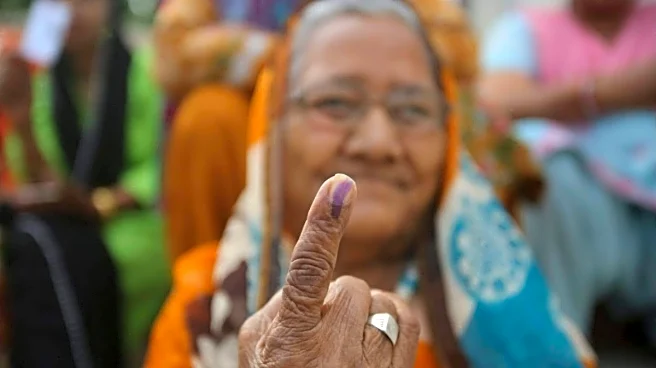

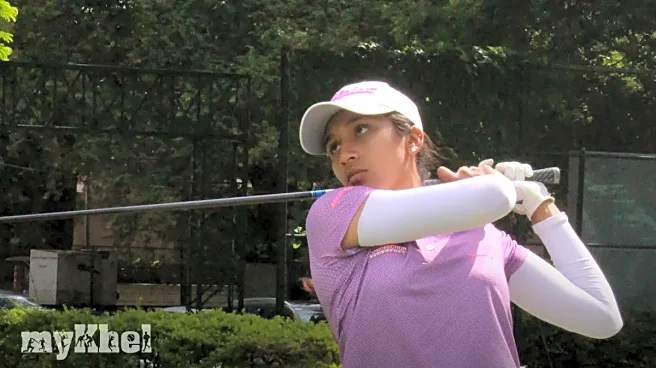
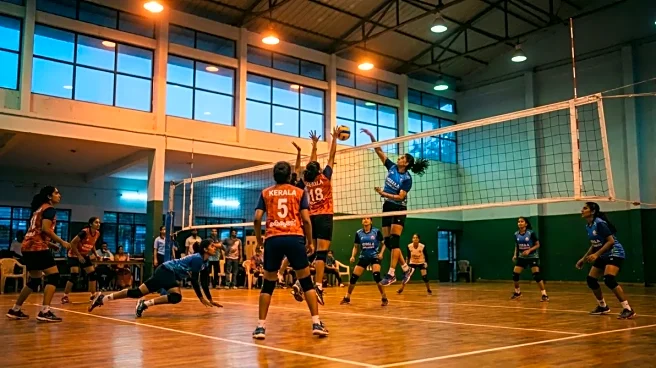
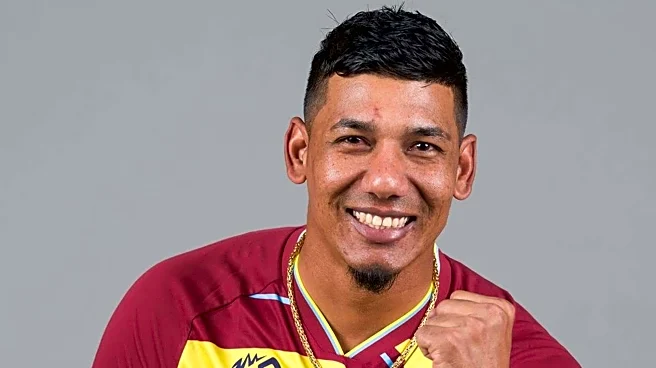


/images/ppid_a911dc6a-image-177083556748629873.webp)

/images/ppid_a911dc6a-image-177083563836656334.webp)
/images/ppid_a911dc6a-image-177083553466311808.webp)


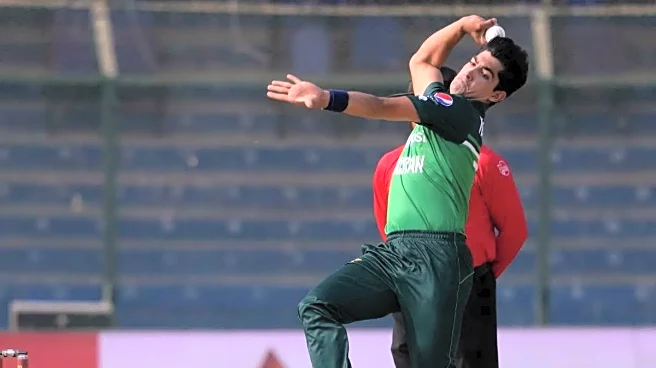

/images/ppid_59c68470-image-17708350320838052.webp)
